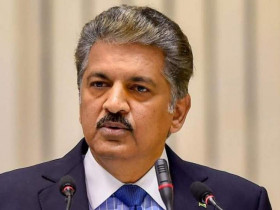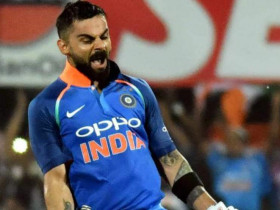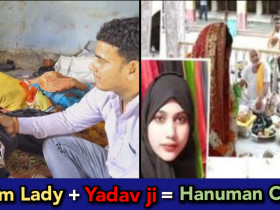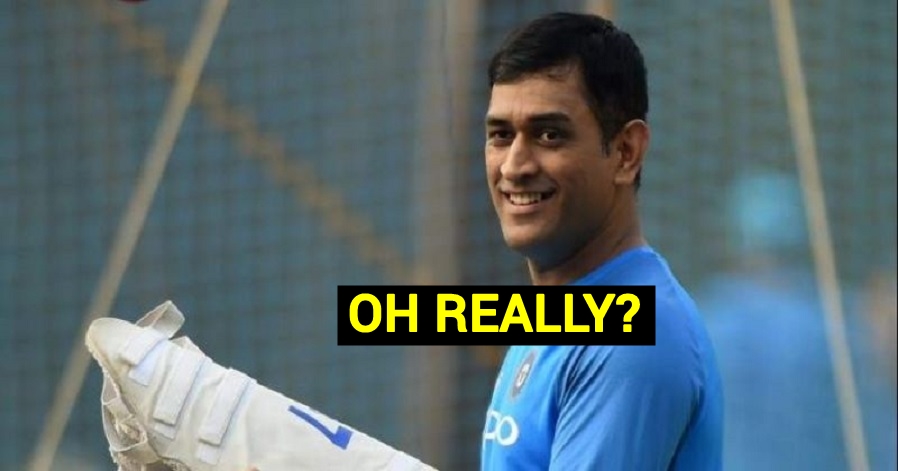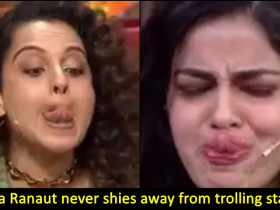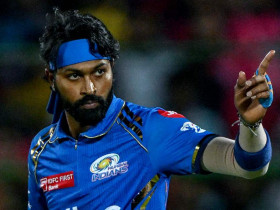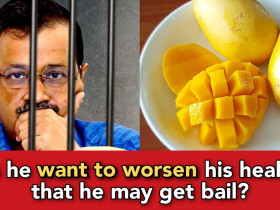The most unique relation in the family is that of brother and sister. This relationship is a symbol of love, respect, and mutual devotion. However, according to Islam, there is no such relationship as a brother-sister. The video of a Maulana Sahib (Muslim religious scholar) is going viral on social media. In which he is telling the concept of brother and sister in Islam. That’s how you can marry your cousins.
According to the video, Maulana Sahib says, there are no sisters and brothers in Islam. Sisters make each other brothers on Facebook, Islamic sisters. There is no such concept of Islamic sister in Islam. If a girl calls you her brother on Facebook, then don’t consider her as your sister because in Islam, a brother is just a real brother, there is no other brother in Islam apart from this.
It is further said that Islam is a that religion which does not even consider its own cousins as sisters. According to Islam, you are not their brother, you can marry all these girls. This is all non-woman for you. So, when girls grow up in Islam, they are taught not to be more frank with their cousins. You are young, you have to hide from them.
There is a concept in India that a sister-in-law is like a mother. But there is no such culture in Islam that a sister-in-law is like a mother. The concept of Islam is different.
In this video of Maulana Sahib, he is telling that there is no sister-brother relationship in Islam and according to Islamic laws, no sister-brother relationship is valid.
In India, in some societies, a sister-in-law is recognized as a mother. In this form, the wife of the husband’s brother is called a sister-in-law and is considered an important member of the family. However, this is just a social practice and has no prestige in Islam. In Islamic religion, the sister-in-law is recognized only as the wife of the husband’s brother and is not seen as a mother. This is a religious and social difference that can be made regarding sister-in-law in Indian culture and Islamic religion.

